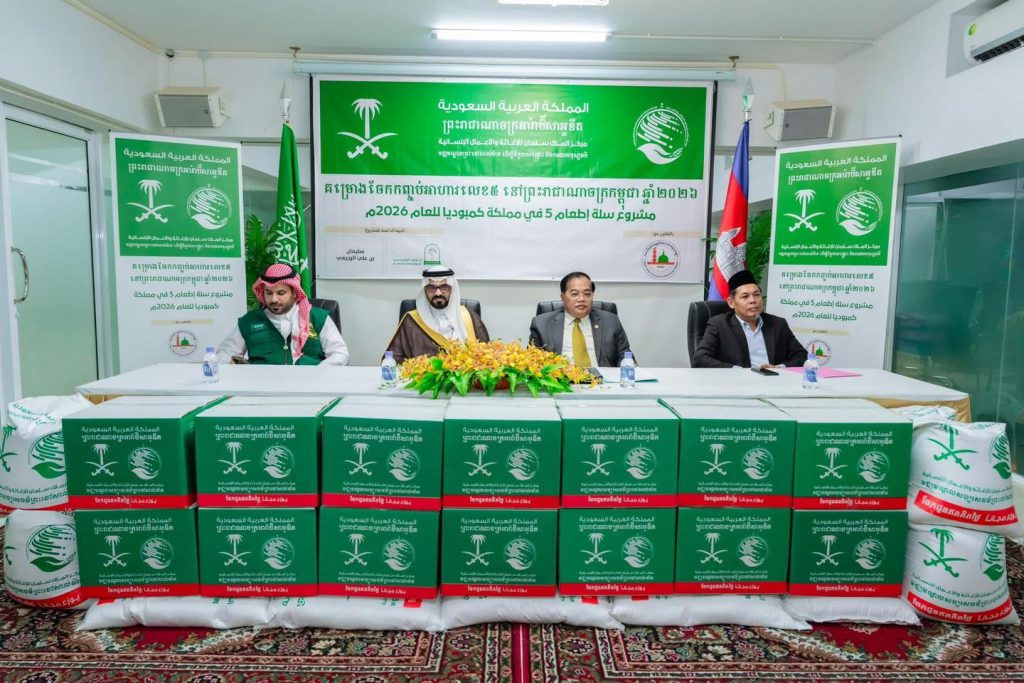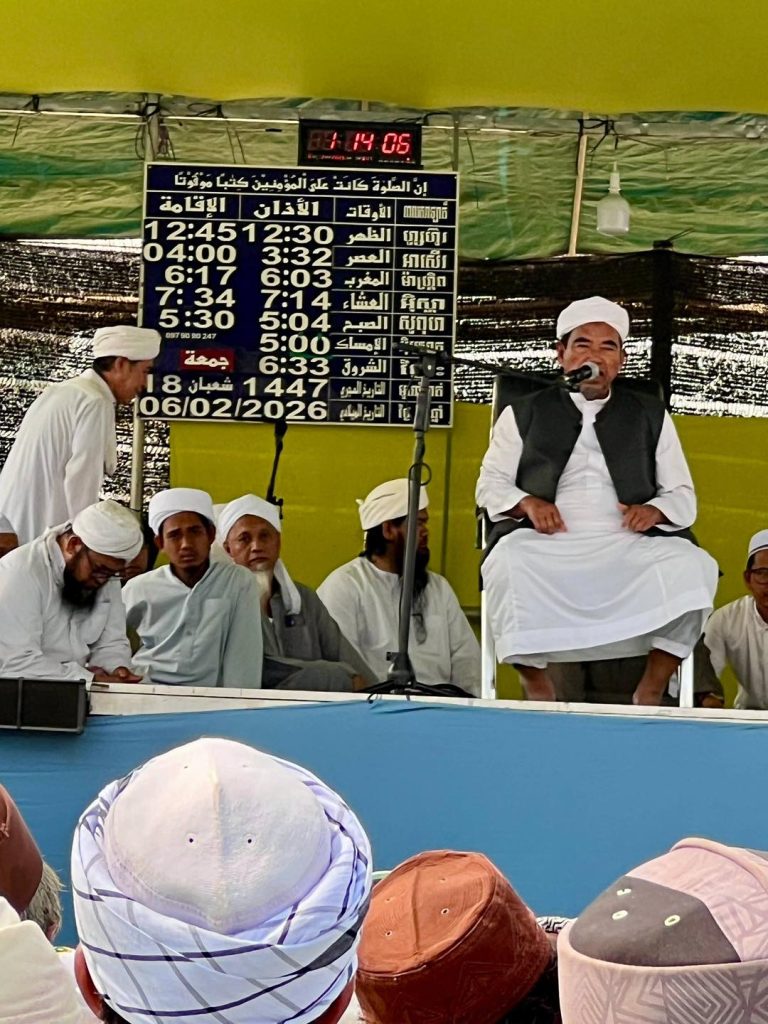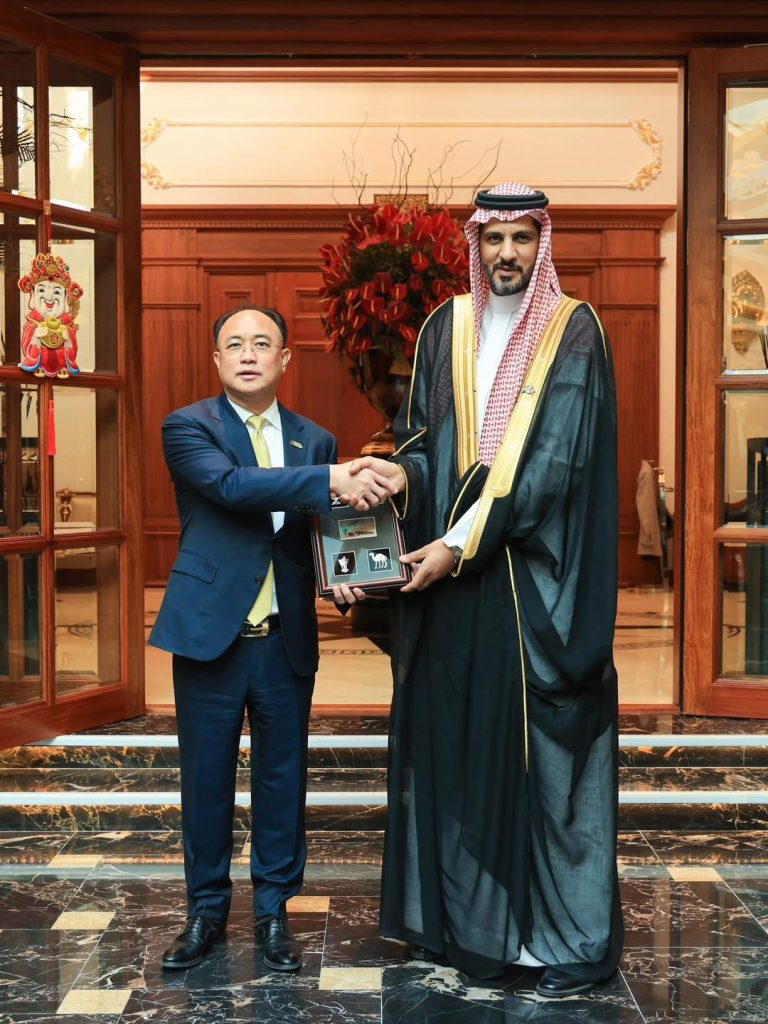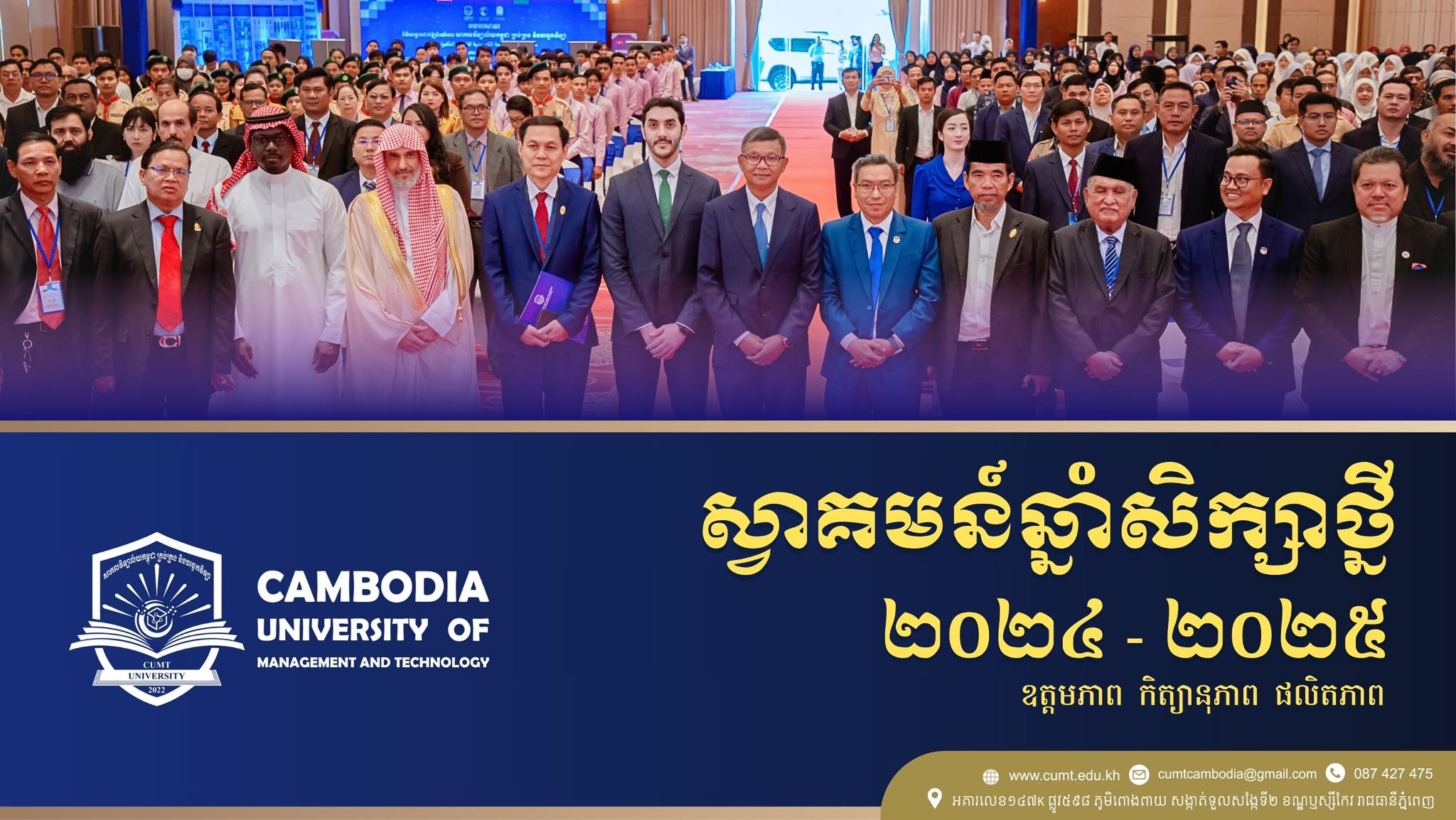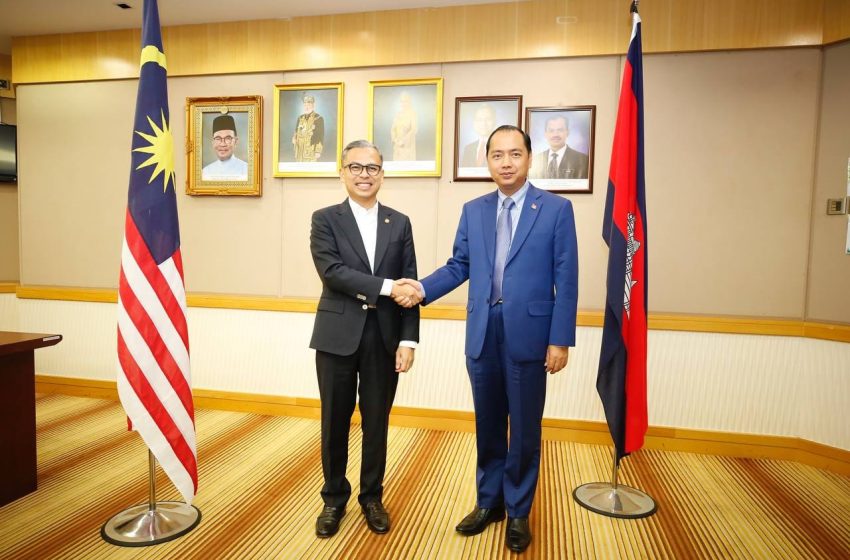
‘Say No to Fake News’ campaign to raise public awareness

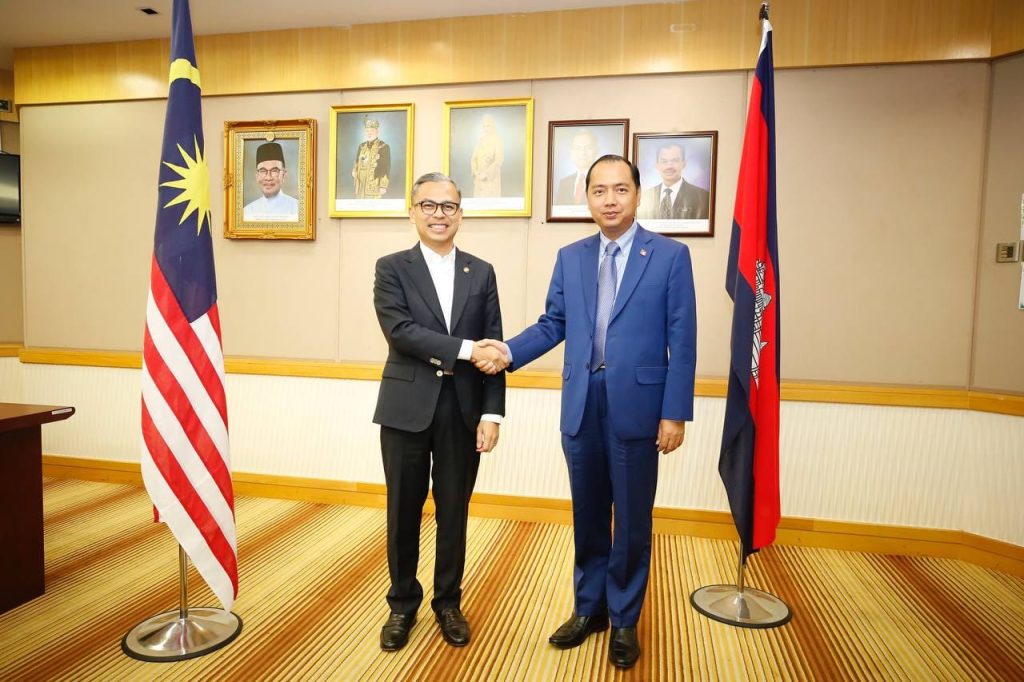
He also asked member countries to join Cambodia in the campaign to raise awareness. Many guests among the public and visiting dignitaries supported the initiative.
Pheaktra also highlighted Cambodia’s ongoing effort to combat false information and fake news through the establishment of two bodies, the Anti-Fake Information Committee and the Commission for the Control of Fake Information.
“The Ministry of Information also has been organizing a nationwide campaign under the theme, “Say No to Fake News” to promote the dissemination of factual information and raise public awareness about the negative effects of fake news,” he said.
The minister noted that the campaign kicks off at the end of this year and will focus on measures to prevent the spread of false information, while highlighting the effective use of social media and information sharing.
“With support and participation of all members, we will be able to achieve the common goal of eliminating false information from our region to maintain stability in society,” he said.
Puy Kea, President of the Club of Cambodian Journalists (CCJ), said yesterday that fake news has recently had a severe impact on Cambodian society because various stakeholders have failed to prevent its spread.
He added that such actions will cause chaos in society, and will make people stop trusting and misunderstand each other.
He also said that fake news can have an impact on business, big decisions, and daily life. It can also act as poison in society.
“The CCJ has always paid more attention to fake news, and we often instruct professional journalists to help the government neutralize fake information because I think that journalism plays an important role to release real information and news to the audience,” he said.
Nop Vy, executive director of the Cambodian Journalists Alliance Association, said yesterday that he was very supportive of the campaign against fake news, and he considered combating fake news very important and should be made more transparent.
This clarity can be achieved, he suggested, especially through identification of the types of fake information to help make sure that the campaign does not restrict freedom of expression online.
According to a report by the Ministry of Information, last year more than 3,000 fake news stories were reported, most of them were related to distortion of facts that could incite people or create confusion and threaten social order, giving extremist groups an excuse to overthrow the legitimate government through undemocratic means.


